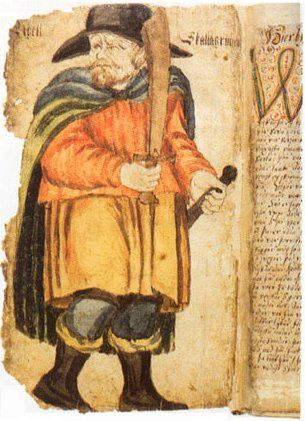The Edda & the Sagas of the Icelanders
The Icelandic sagas (also known as family sagas) are a category of sagas written in medieval Iceland, mostly in the 13th and 14th centuries.
The Icelandic sagas (also known as family sagas) are a category of sagas written in medieval Iceland, mostly in the 13th and 14th centuries. The stories, written in the Icelandic language, take place in the period from the settlement of Iceland around 900 AD until the 11th century; most of the writers remain unknown.

The Eddas too are a well-known aspect of Icelandic literature. The title Edda is applied both to ancient eddic poetry and to the Prose Edda of Snorri Sturluson, a guide to Old Norse mythology and prosody written in the 13th century.
The Poetic Edda, on the other hand, consists mainly of poems preserved in a 13th-century manuscript, the Codex Regius. The poems comprise both heroic and mythological themes. The heroic poems recount tales of such characters as Sigurður Fáfnisbani, Brynhildur Buðladóttir and Attila the Hun, based on age-old Germanic legends. Although the poems are written in Iceland, they are believed to have roots as far back as the 9th century (before Iceland was settled). The mythological poems, such as Hávamál (Word of the High One) and Völuspá (Prophecy of the Seeress) tell tales of the Norse gods, and constitute a unique source of information on Old Norse cosmology.
In conjunction with Iceland's participation in the Frankfurt Book Fair 2011 as Guest of Honour, S. Fischer publishers in Germany will publish a complete new German translation of the Sagas of Icelanders.